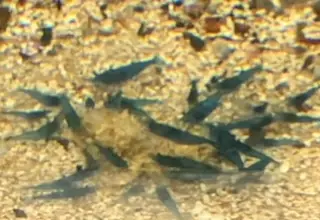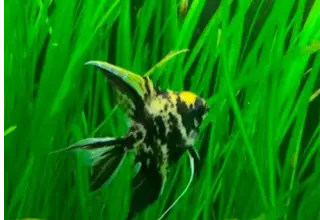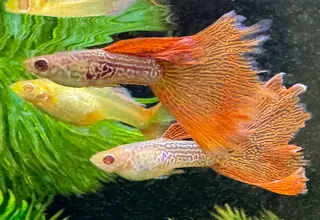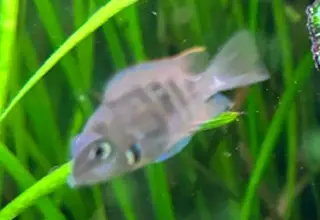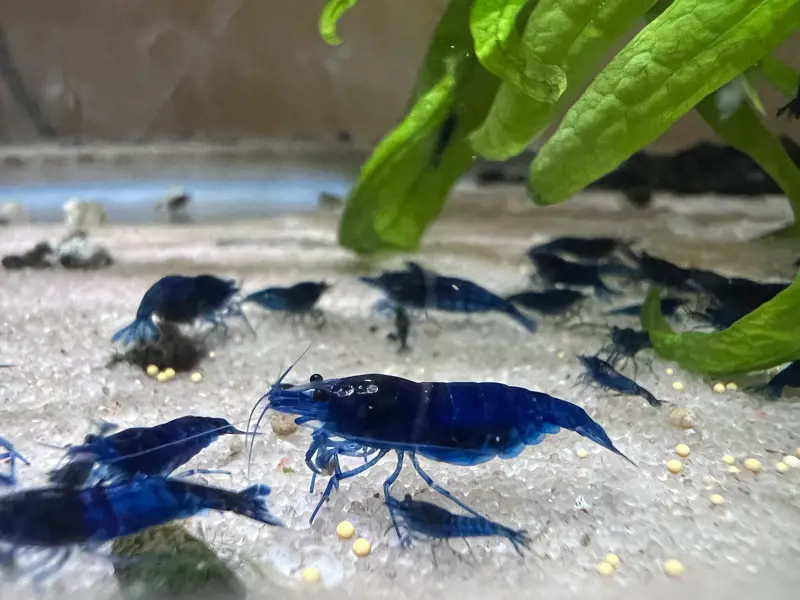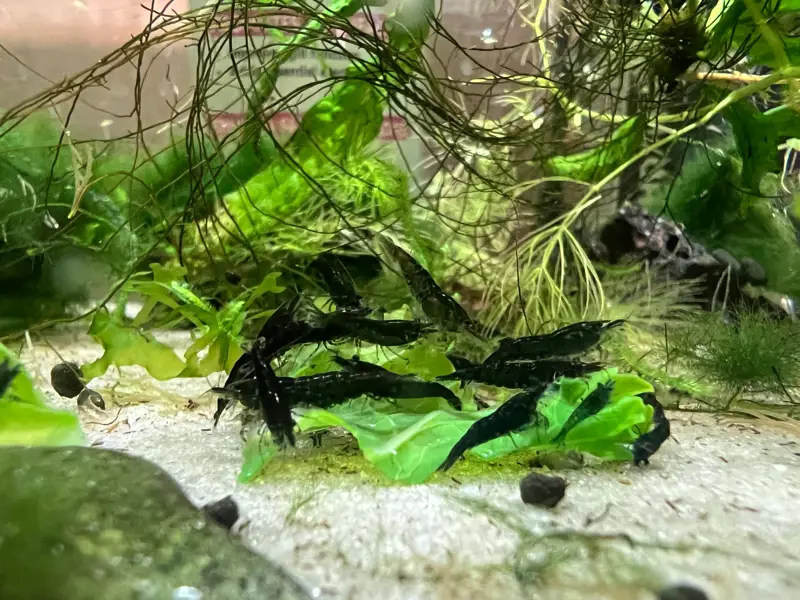Can a Filter Be Too Big For a Fish Tank?
Posted by Miles Harrison on 10/03/2022
We use affiliate links and may receive a small commission on purchases.
Aquarium filters are an essential piece of equipment in fishkeeping. With so many options to choose from, it can be a bit overwhelming to try and select a filter that's appropriate for the size of your aquarium.
In this post, we’ll discuss the basics of aquarium filters, and we’ll provide answers to some frequently asked questions.
How Aquarium Filters Work
Aquarium filters work by moving water through multiple layers of media, each of which has a different purpose. Biological filters are used to create an environment for beneficial bacteria to thrive in, typically this is made up of a mesh material. This is the most important part of a filter, and you’ll want to be sure water can freely move through this layer.
Other parts of the filter catch debris and other large particles from accumulating in large quantities. Large groups of particles can slow down the flow of water in a filter, resulting in issues, such as unsightly algae growth.
Inside the filter, a small fan-like object spins to generate flow. This flow pushes the water through the filter media and back into the aquarium.
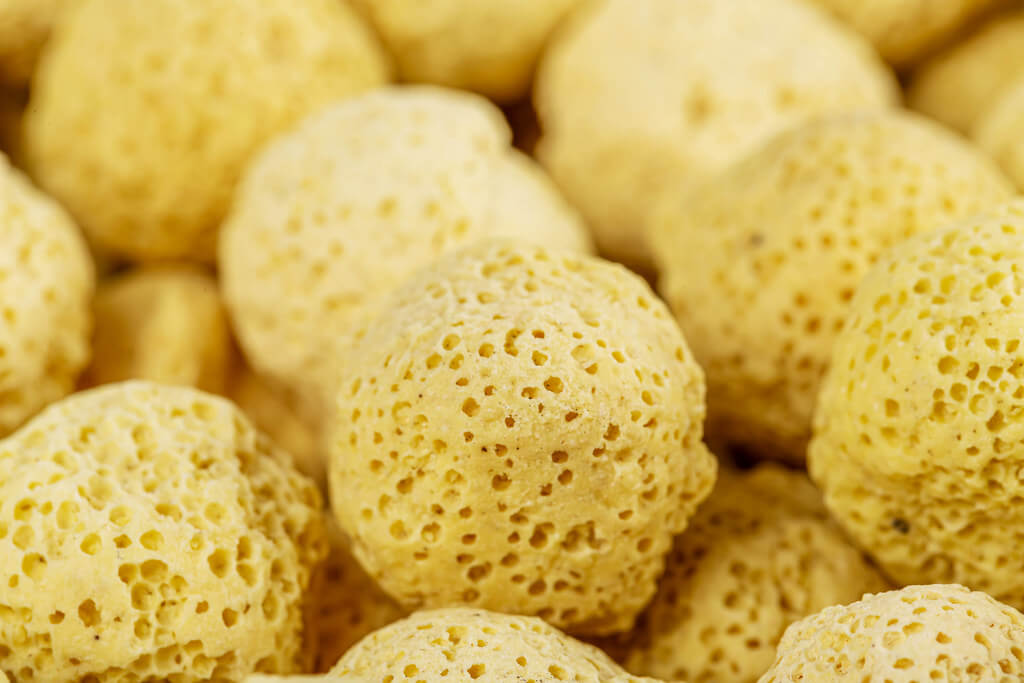
What is GPH?
GPH stands for Gallons Per Hour and is often used to measure the amount of water that is turned over in an aquarium over one hour.
In freshwater aquariums, you want to aim to have at least 4X gallons per hour per tank size.
In saltwater aquariums where flow is more important, you’ll want to have at least 5X gallons per house per tank size.
What Size Filter Do I Need For My Aquarium?
The recommended filter size is dependent on the size of an aquarium. Since we now know about GPH, we can use the recommended flow rate to determine the correct filter size for an aquarium.
For example, a 20-gallon freshwater aquarium will require a filter that’s capable of turning over 80 gallons of water per hour. A 5-gallon freshwater aquarium will require 20 gallons of water to be turned over per hour, and so forth.
In the saltwater hobby, a 20-gallon saltwater aquarium will require a filter that turns over 100 gallons of water per hour. Since saltwater aquariums require a bit more flow, you'll want a filter rated for 5X the aquarium size.
As you can see, you can multiply the tank size by 4 or 5 depending on whether the tank is freshwater or saltwater to determine the recommended GPH.
Frequently Asked Questions
Can A Filter Be Too Big For a Fish Tank?
Typically, an oversized filter won’t be a problem in a fish tank. However, you’ll want to make sure the filter intake is not too strong for any of your tank inhabitants. If you notice fish are swimming away from the intake, consider adding a foam mesh to slow down the current. Some filter intakes can also be adjusted manually to reduce flow.
Why Does My Betta Fish Stay Near the Filter?
Betta fish will stay near the filter if they are unable to swim away from a strong current. Check to make sure your filter intake is too strong. If needed, add a mesh covering to the filter intake to reduce flow.
Betta fish also prefer warmer waters, it’s possible your betta fish is perfectly healthy and prefers to hang near the warmth provided by the aquarium filter. This is more common with HOB (hang-on-back) filters.
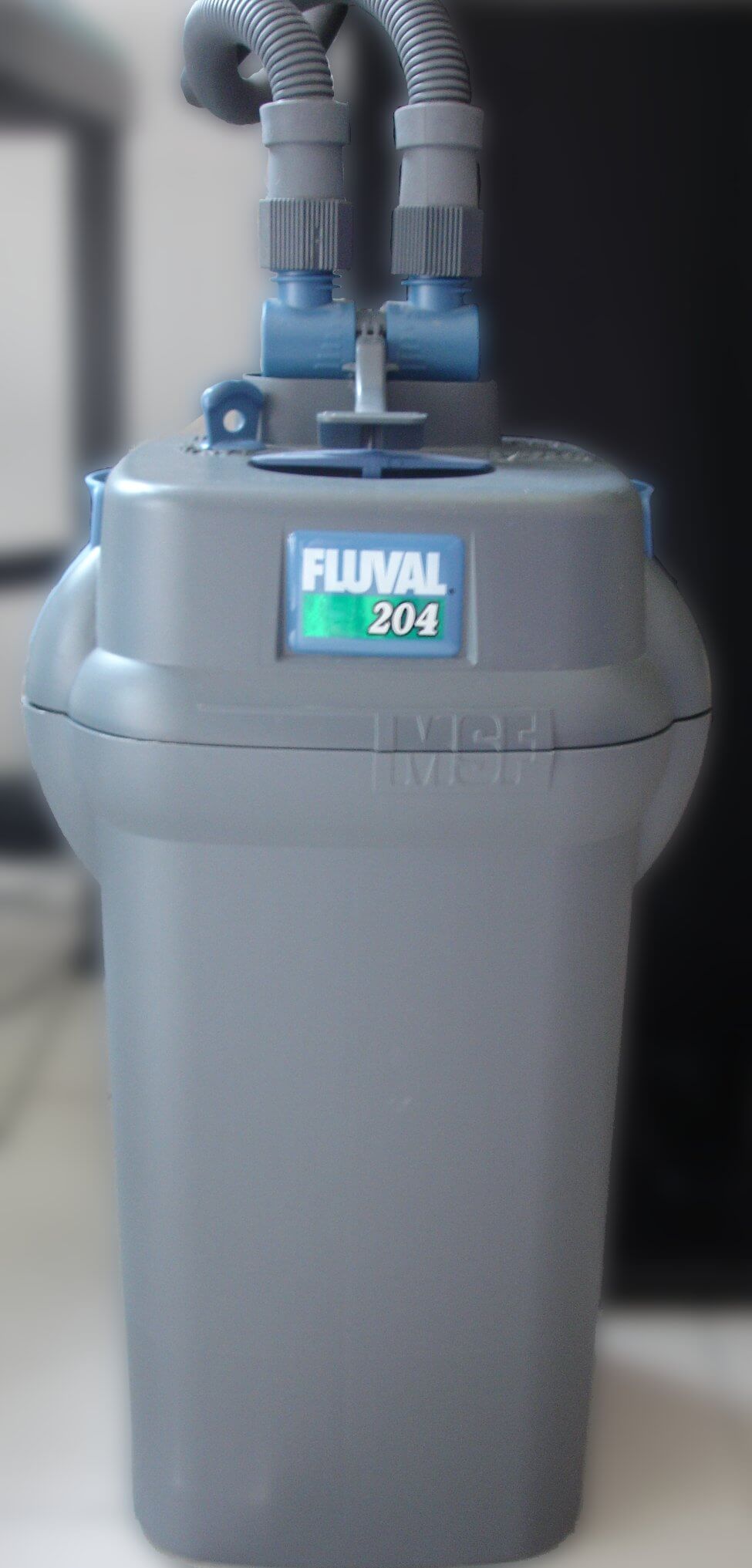
It’s also possible that your fish may be suffering from poor water quality or disease, we discuss betta fish keeping in more detail in our galaxy koi betta care guide.
Can A Filter Be Too Big For a Fish Tank?
The recommended filter size is dependent on the size of an aquarium. Since we now know about GPH, we can use the recommended flow rate to determine the correct filter size for an aquarium.
Why Does My Fish Tank Filter Get Dirty So Fast?
Fish tank filters get dirty often in planted aquariums, where decaying plant matter accumulates in the filter media. You can remedy this by ensuring your plants are kept healthy. Healthy plants won't lose leaves that eventually decay.
If you do not have a planted freshwater aquarium, ensure that your aquarium is not overstocked. Overstocking can produce excessive amounts of waste that can accumulate in the filter media.
Overfeeding is another common cause of a dirty filter. If fish food is not consumed, it will most likely get sucked into the filter, causing a build-up over time.
We recommend cleaning your aquarium filter by running it through tap water at least once every few months.
If you find that you need to clean your filter more frequently, check to make sure your filter is operating correctly, and verify that nothing is blocking flow in any of the tubing or filter media.
What’s the difference between a HOB filter and a Canister Filter?
HOB, or hang-on-back filters, are filters that hang on the back of an aquarium. These are commonly sold with all-in-one aquarium kits that include a heater, glass aquarium, lighting, and lid. HOB filters do an excellent job at filtering the water and increasing surface agitation, which promotes healthy oxygen levels in a fish tank.
Canister filters are large filters that reside outside of an aquarium. Most aquarists tend to keep this inside of an aquarium cabinet. Canister filters are favored due to their minimalist appearance and silent operation. Typically, hobbyists will provide powerheads to make up for the lack of surface agitation from these types of filters.
How do I keep small fish from getting stuck in the filter?
Oftentimes, filters may be a bit too strong for nano aquarium fish, such as tetras or guppies. Make sure that you add a foam mesh around your filter intake. This will prevent any fish from being sucked into the filter.
If the intake is still too strong, you can get creative and add rocks or stones to the tubing or canister to slow down the water flow inside the filter.
Conclusion
As you can see, aquarium filters are not that complicated once you understand how they operate and how they are rated in terms of GPH (gallons per hour).
Now you should be well equipped to pick the perfect filter for your aquarium!
As always, feel free to head to our support page and send us an email with any feedback! We love to hear from our readers and are always looking to improve our posts.
February's Giveaways on Light Fish
